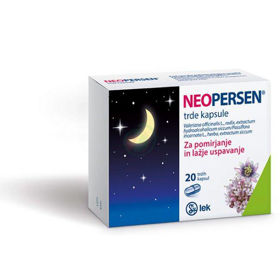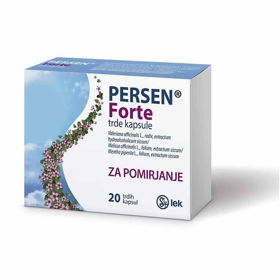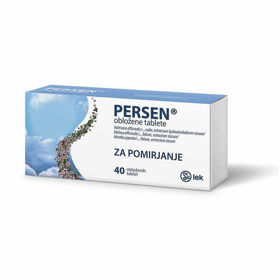Postpartum depression is a form of clinical depression that can affect women and, less commonly, men, usually after childbirth. Studies report prevalence rates among women, with postpartum depression occurring in an average of 5 to 25 percent of women.
 Among men, especially fathers who are first-time parents, the incidence of depression was estimated at 1.2 percent to 25.5 percent. Postpartum depression usually occurs in women in the first few months, and can last up to several months or even a year. Specifically, the onset of postpartum depression begins in the first 4 weeks and lasts for up to 6 months after delivery. Symptoms include sadness, fatigue, insomnia, and altered eating patterns, which result in decreased libido, anxiety, and irritability.
Among men, especially fathers who are first-time parents, the incidence of depression was estimated at 1.2 percent to 25.5 percent. Postpartum depression usually occurs in women in the first few months, and can last up to several months or even a year. Specifically, the onset of postpartum depression begins in the first 4 weeks and lasts for up to 6 months after delivery. Symptoms include sadness, fatigue, insomnia, and altered eating patterns, which result in decreased libido, anxiety, and irritability.
Not surprisingly, women with fewer resources show a higher rate of postpartum depression, which is affected by stress, than those with more financial resources. Women who have less resources are also more prone to unwanted pregnancies. So financial problems also play an important role in postpartum depression. Low-income single mothers, on average, have fewer resources, so they are all the more exposed to the more difficult transition to motherhood.
Threat of obesity
Many chronic diseases such as cardiovascular disease, diabetes, arthritis and even cancer are associated with obesity.
The relationship between maternal weight during pregnancy and childhood obesity
Malnutrition on the fetus can lead to many fetal defects, poorly developed cognitive functions and vulnerability due to various diseases that threaten the normal development of the fetus.
But now new research is questioning this traditional view. Scientists are working to prove a correlation between a mother’s weight during pregnancy and a child’s predisposition to obesity later in life.
Research has shown that women who gain too much weight during pregnancy may be responsible for weight gain in babies, which can lead to obesity later in life. Researchers have found that inappropriate calorie consumption can alter hormonal chemistry and affect various metabolic processes in a child’s development. Improper use of cocci can promote excessive tissue growth and even alter certain parts of the brain that are responsible for controlling appetite and metabolism. These permanent changes in various organs and hormones can cause permanent damage to weight maintenance.
Pregnant women who gain 22.5 kilograms are twice as likely to have a baby with a high birth weight compared to those who gain only about 9 kilograms. According to the analysis, each kilogram gained during pregnancy increases the baby’s weight by about 9.5 grams.
Action to reduce unhealthy weight gain in pregnant women
The first measure would be appropriate physical exercise for all women in the childbearing age groups, before and during pregnancy. In addition to physical activity, the quality of the food that the pregnant woman eats is also important. In doing so, we aim to maintain a diet that provides only the number of calories needed for proper fetal development.
Breastfeeding
In 1997, the National Institutes of Health (NIH) reported the findings of a study that showed that breastfeeding lasting 2 months or longer was associated with a 40 percent reduced risk of developing diabetes in a child under the age of 40.
Since 1999, a number of studies and examinations related to breastfeeding have shown a reduced risk of obesity in children and adolescents.
Published analyzes and reports have shown that breastfeeding, to varying degrees, has some protective effect against later obesity and overweight.
But how can breastfeeding affect this?
Hormones (leptin, ghrelin, and insulin are components of breast milk) have an effect on many metabolic processes, as well as affecting appetite, satiety, and blood sugar levels.
The eating behaviors we learn in the first part of life significantly influence the formation of a later eating pattern.
What about other factors that affect weight and diabetes?
& # 8226; Obesity of parents
& # 8226; Low or high birth weight
& # 8226; Exposure of mothers to malnutrition
& # 8226; Mother's smoking
& # 8226; Overweight in early childhood, passed down from generation to generation
Life habits:
& # 8226; Lack of physical activity and watching TV, using a computer
& # 8226; hearty meals high in sugar and fat (high calorie foods)
To summarize:
Breastfeeding is safe, effective and has the effect of reducing the risk of developing diabetes and obesity. Supporting breastfeeding in the first months can mean a healthier life expectancy in adulthood.












 Facebook
Facebook
 Instagram
Instagram
 info@moja-lekarna.com
info@moja-lekarna.com

